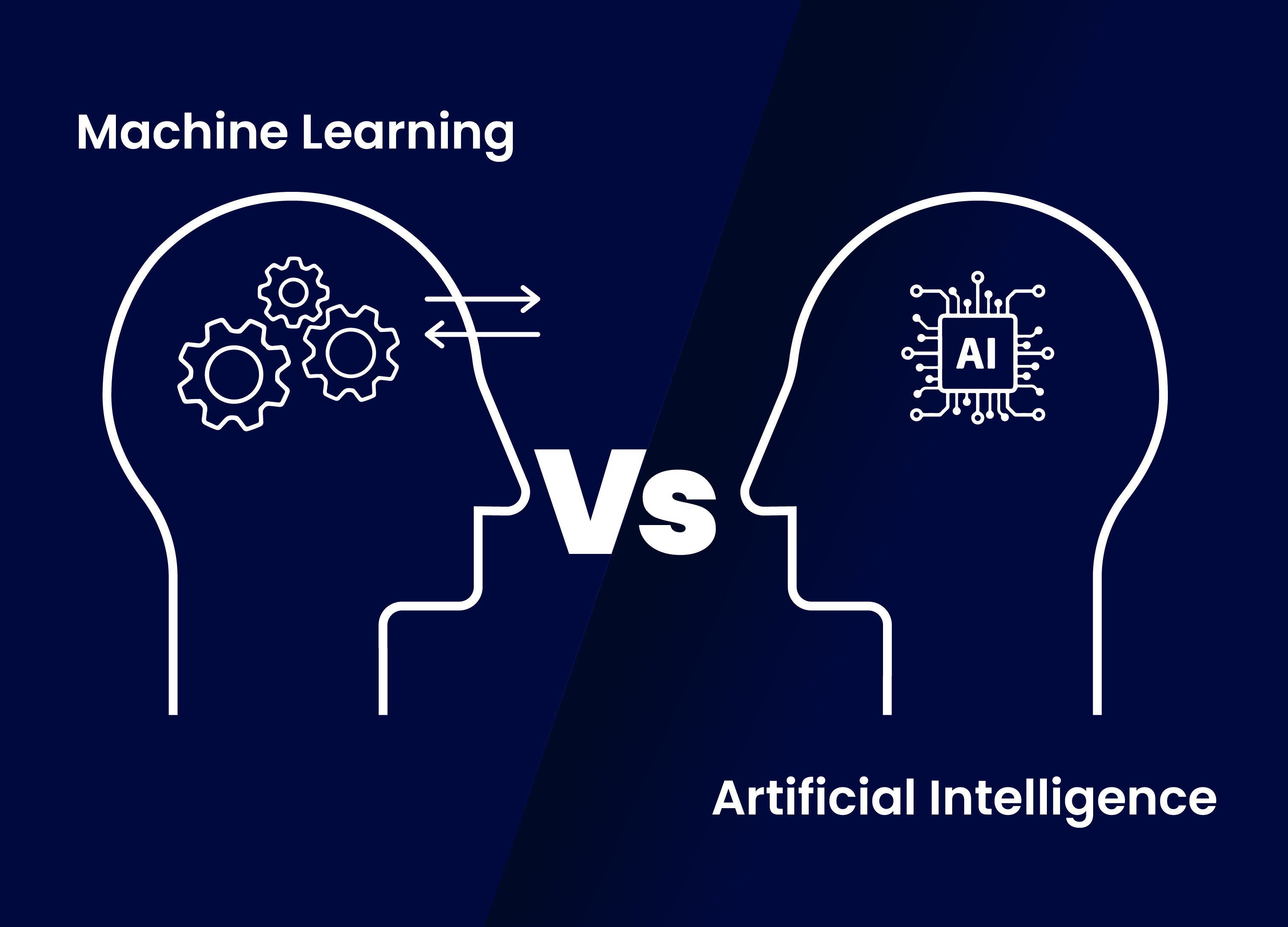An MIT spinoff called Liquid AI has emerged from stealth mode with the goal of developing general-purpose artificial intelligence (AI) systems based on a new type of AI model called liquid neural networks. Liquid AI recently announced that it has secured $37.5 million in funding from various venture capital firms and organizations, including WordPress parent company Automattic and Samsung Next.
Key Takeaway
Liquid AI, an MIT spinoff, is aiming to revolutionize artificial intelligence by developing general-purpose AI systems based on liquid neural networks. Liquid neural networks are smaller, more interpretable, and require less computational power than traditional AI models. The startup has raised $37.5 million in funding and plans to commercialize the technology, providing on-premises and private AI infrastructure for customers.
The Founding Team and the Concept of Liquid Neural Networks
Liquid AI was co-founded by Daniela Rus, a renowned robotics expert from MIT, along with Ramin Hasani (CEO), Mathias Lechner (CTO), and Alexander Amini (Chief Scientific Officer). The concept of liquid neural networks was pioneered by this team, and their research paper titled “Liquid Time-constant Networks” gained attention in late 2020.
Liquid neural networks are inspired by the brains of roundworms and consist of neurons governed by equations that predict each neuron’s behavior over time. Compared to traditional AI models, liquid neural networks are much smaller and require significantly less computational power to function. For instance, a liquid neural network designed for autonomous driving could potentially run on a Raspberry Pi.
Advantages of Liquid Neural Networks
In addition to their small size and lower computational requirements, liquid neural networks offer two significant advantages. Firstly, they are more interpretable than larger AI models, making it easier to understand the function of each neuron. Secondly, liquid neural networks possess the ability to adapt their parameters over time, allowing them to handle shifts or changes in their environments and circumstances, even without prior training on those specific scenarios.
Potential Applications and Commercialization
Liquid AI sees a wide range of potential applications for liquid neural networks, such as drone search and rescue, wildlife monitoring, and analysis of time-varying phenomena like weather patterns and financial transactions. The startup aims to commercialize this technology and compete with other foundation model companies in the generative AI space, such as OpenAI.
Besides developing new liquid foundation models, Liquid AI also plans to offer on-premises and private AI infrastructure for customers. The company intends to provide a platform that allows customers to build their own models, subject to Liquid AI’s terms and conditions.

























